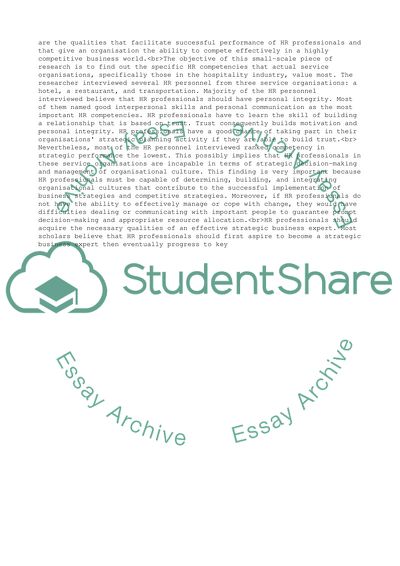Cite this document
(“Developing Professional Practice in HR Essay Example | Topics and Well Written Essays - 2750 words - 2”, n.d.)
Retrieved from https://studentshare.org/business/1609339-developing-professional-practice-in-hr
Retrieved from https://studentshare.org/business/1609339-developing-professional-practice-in-hr
(Developing Professional Practice in HR Essay Example | Topics and Well Written Essays - 2750 Words - 2)
https://studentshare.org/business/1609339-developing-professional-practice-in-hr.
https://studentshare.org/business/1609339-developing-professional-practice-in-hr.
“Developing Professional Practice in HR Essay Example | Topics and Well Written Essays - 2750 Words - 2”, n.d. https://studentshare.org/business/1609339-developing-professional-practice-in-hr.


